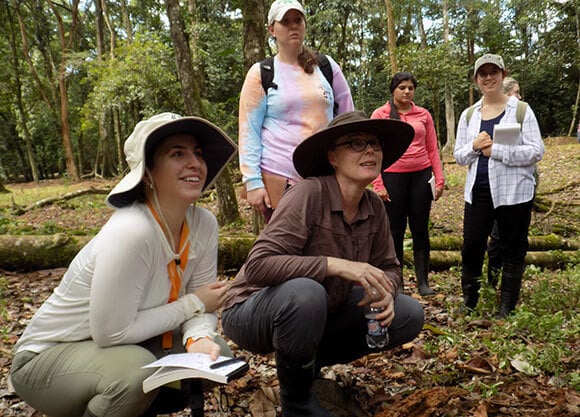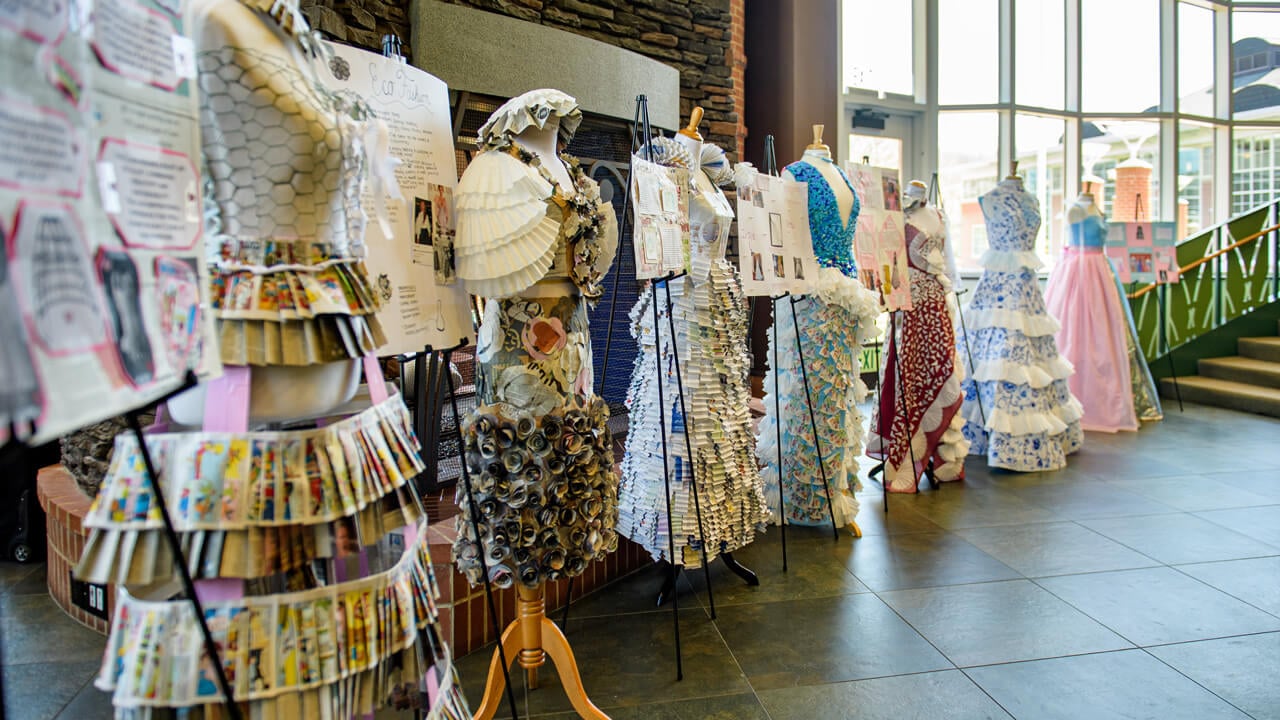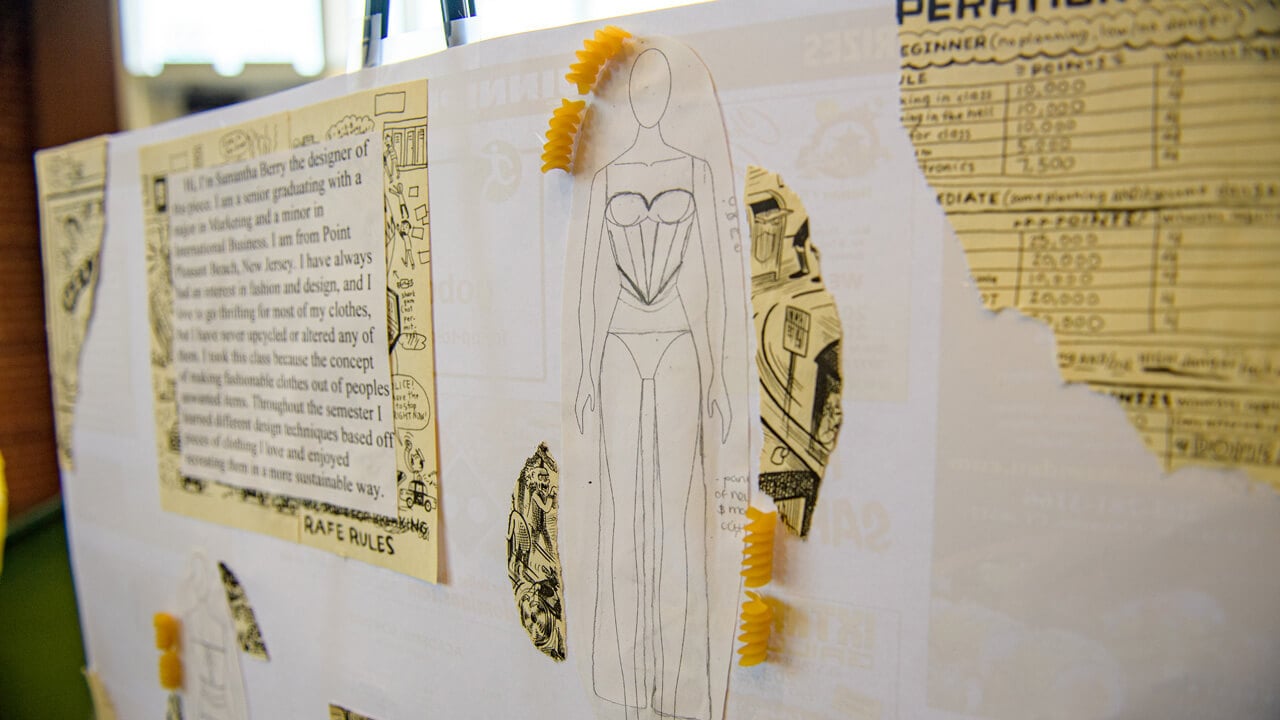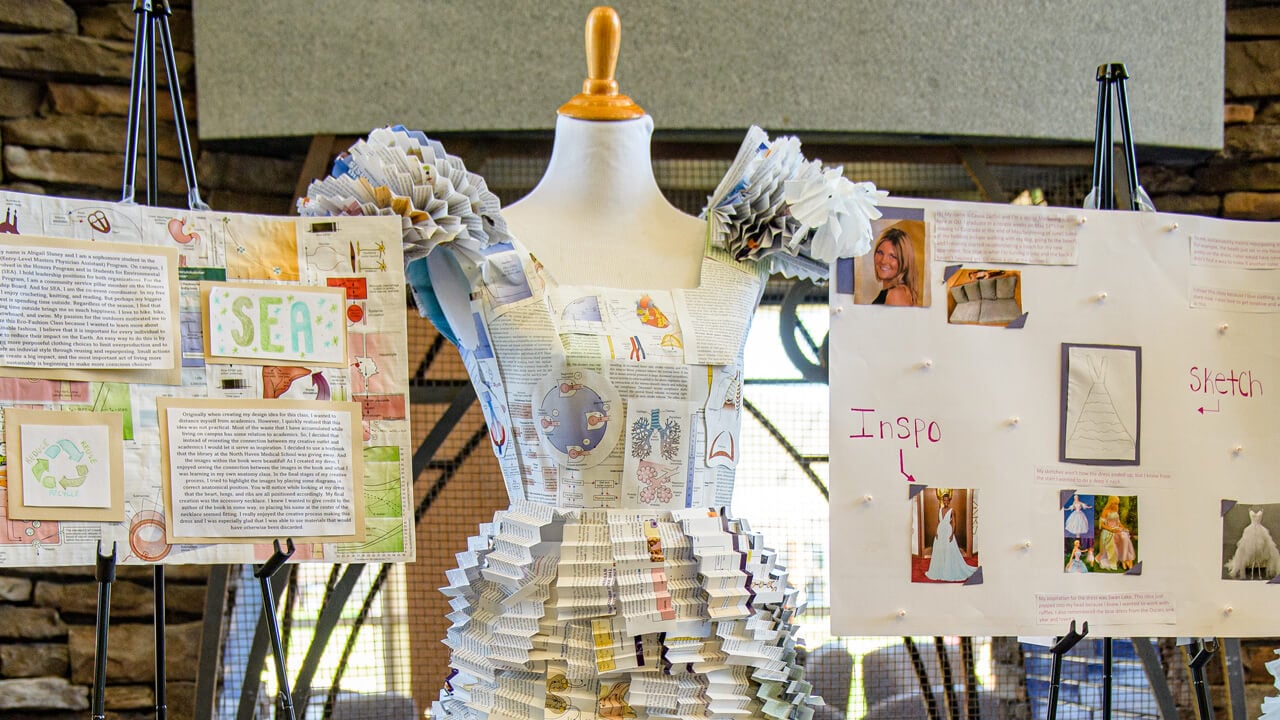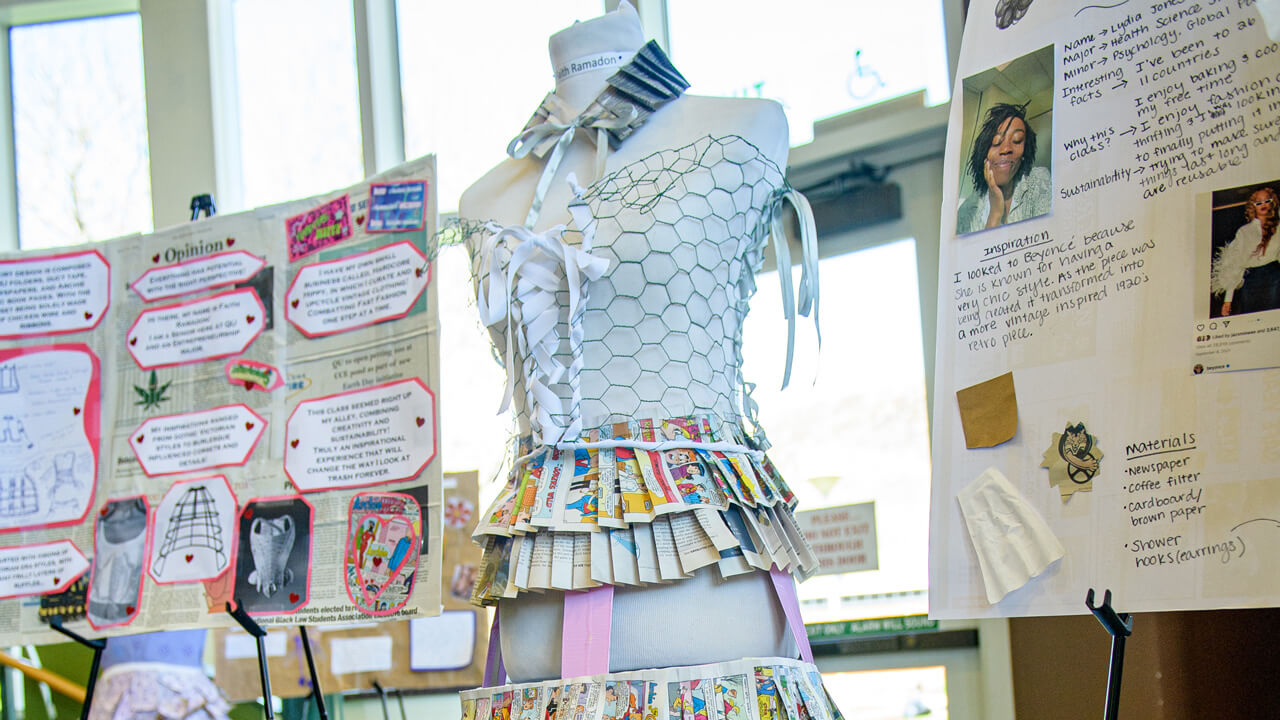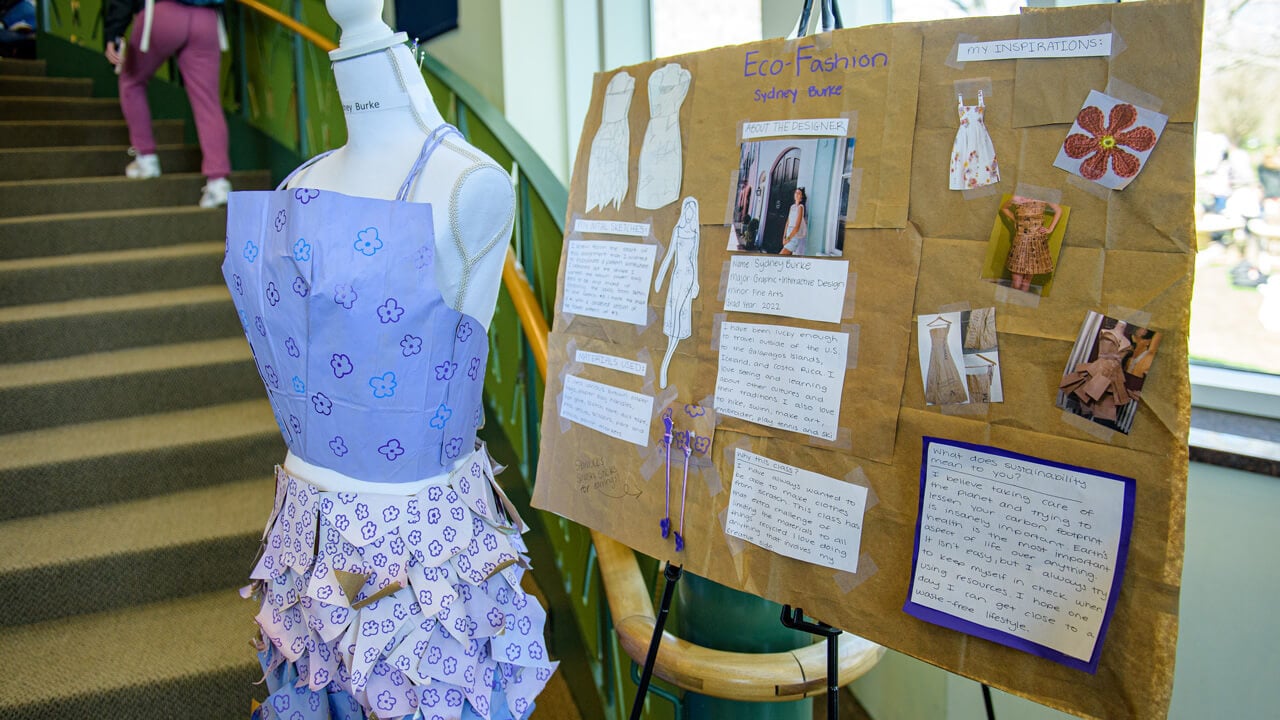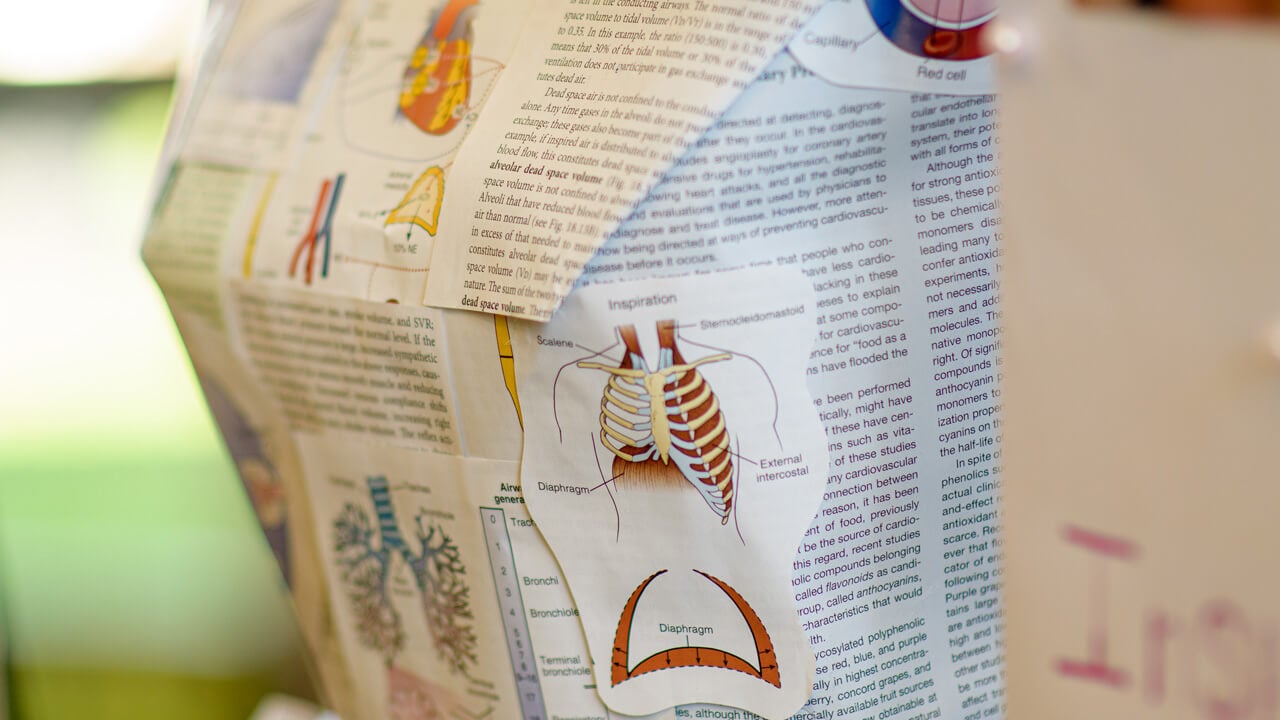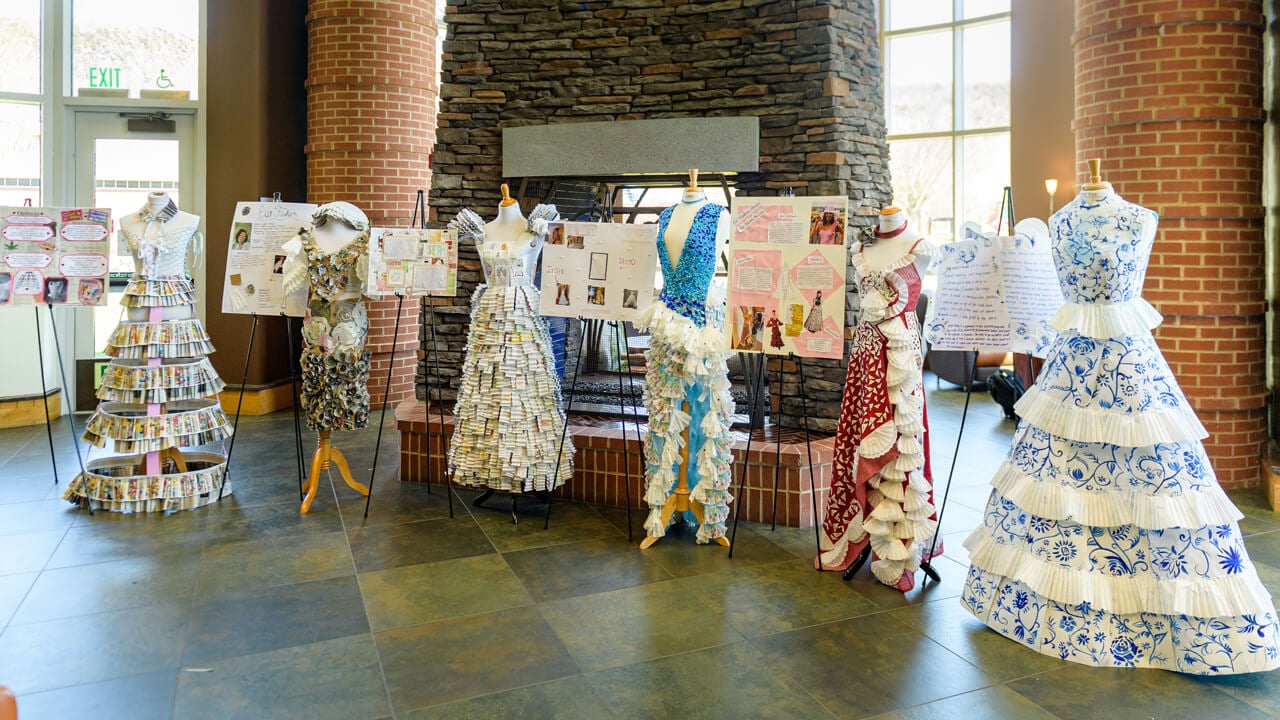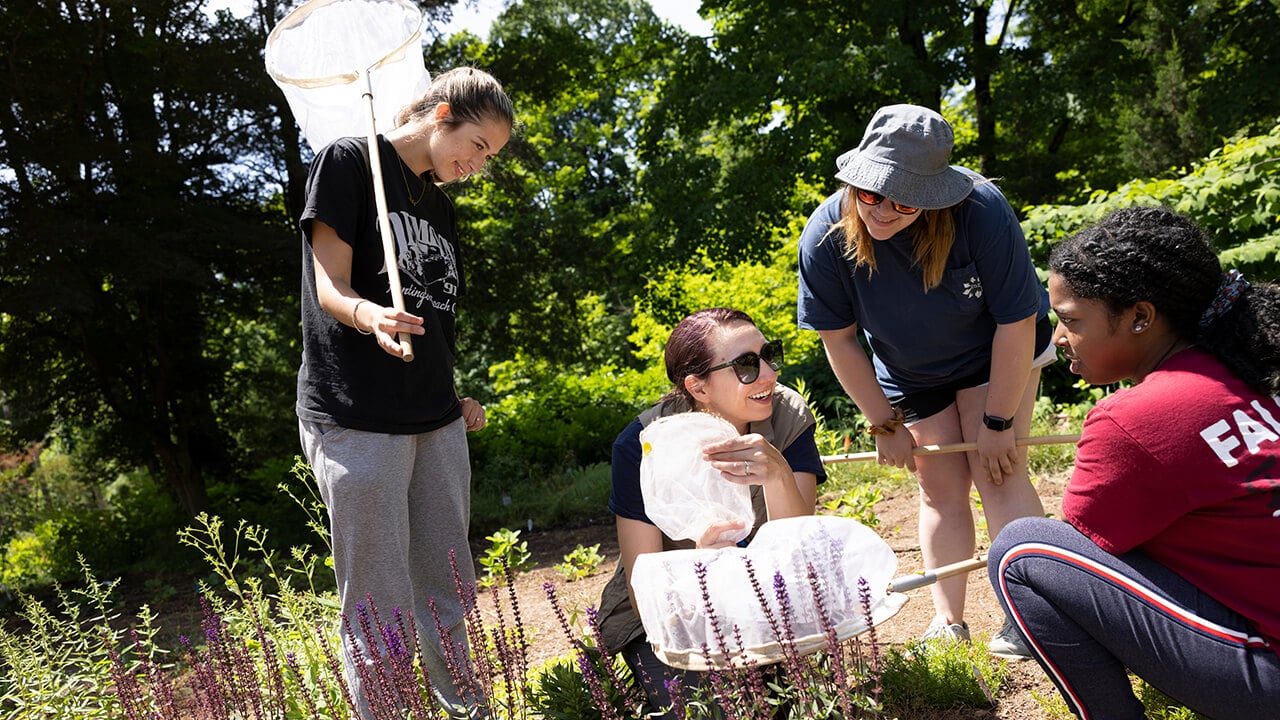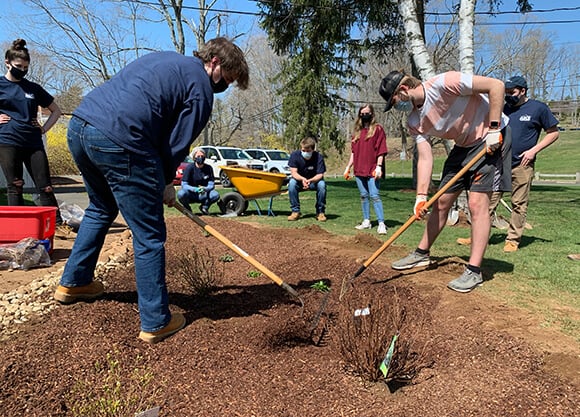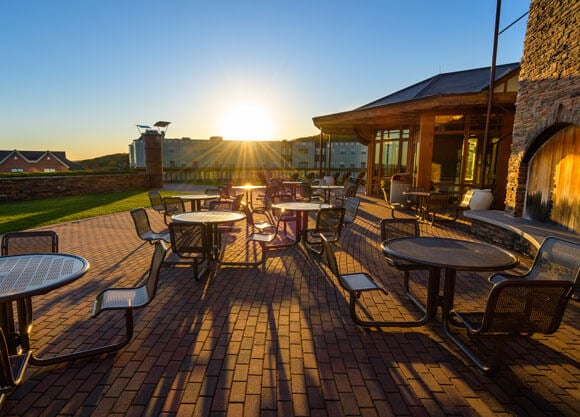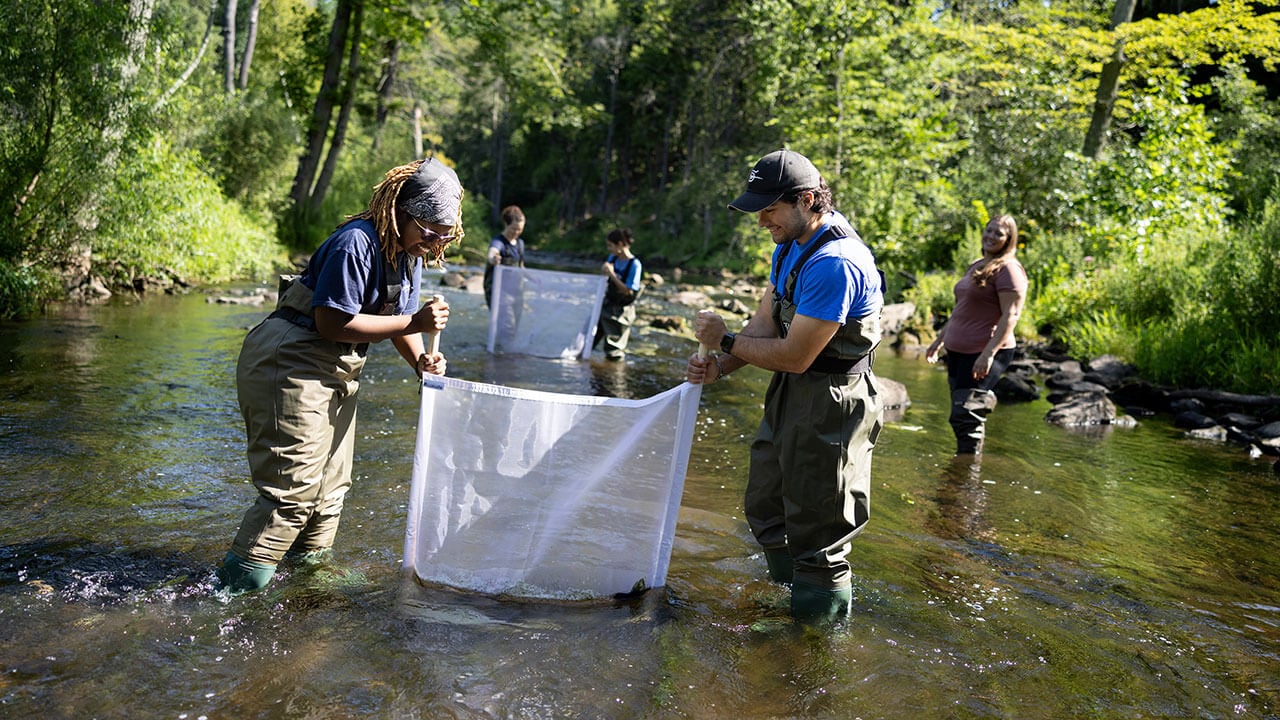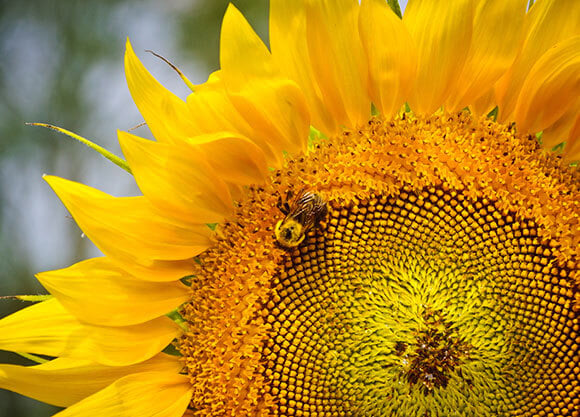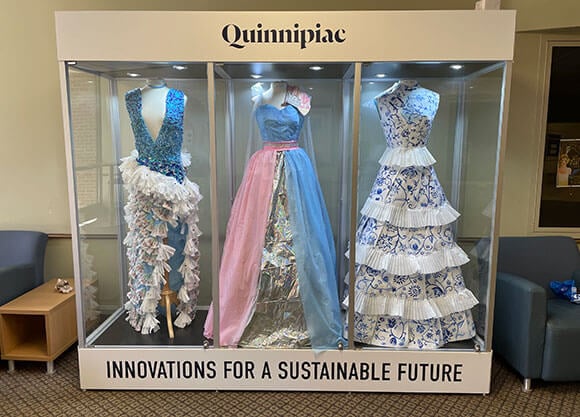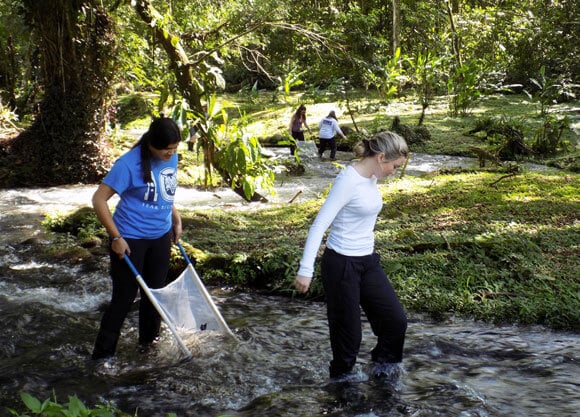Through an interdisciplinary lens, you’ll learn to perform statistical analysis, conduct environmental sustainability research and develop ethical solutions that enable humanity to better coexist with the natural world. The program culminates in a transdisciplinary capstone project in which you’ll explore an environmental topic you find most meaningful.
Experiential learning is emphasized throughout this program and offered in regional, national and international settings. These opportunities include study abroad, faculty-led international courses and field research in environmental biology, chemistry or engineering related to sustainability and environmental policy. Others are made available through university partnerships and special programs and include participation in an environmental policy fellowship in Washington, D.C., to work with nonprofits or governmental agencies. These experiences can also be completed as part of your capstone project.
Whether you see yourself making the biggest impact in a lab, out in the field or somewhere in between, the expertise you gain from this major unlocks a range of rewarding career paths. Possibilities include working as a sustainability consultant or environmental policy analyst for a federal agency, or as a sustainability manager for a city, nonprofit or corporation. Complementary programs such as minors in History and Philosophy of Science, Global Public Health and Applied Statistics & Data Science can enhance your academic experience and help guide your specific career path.


